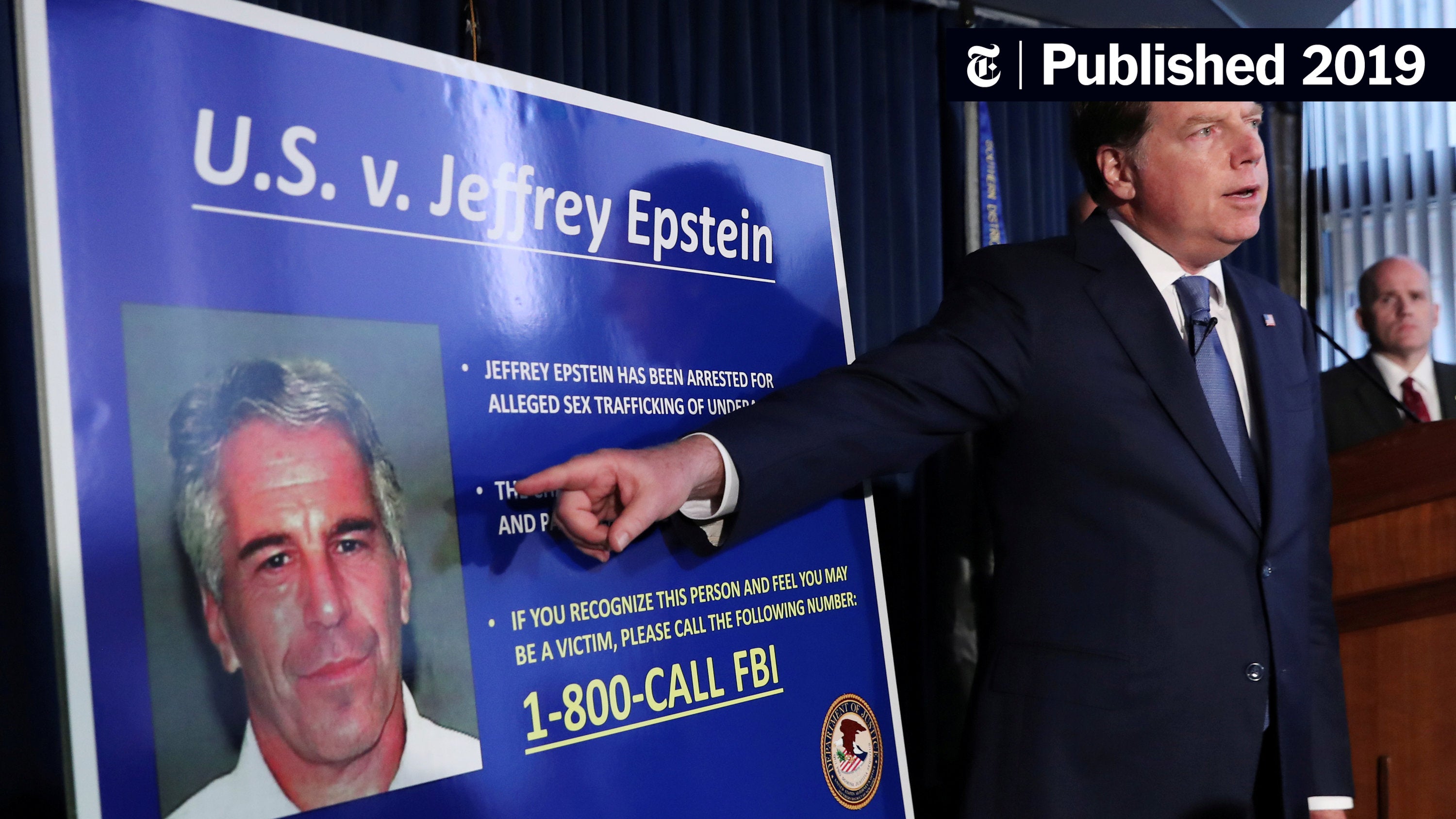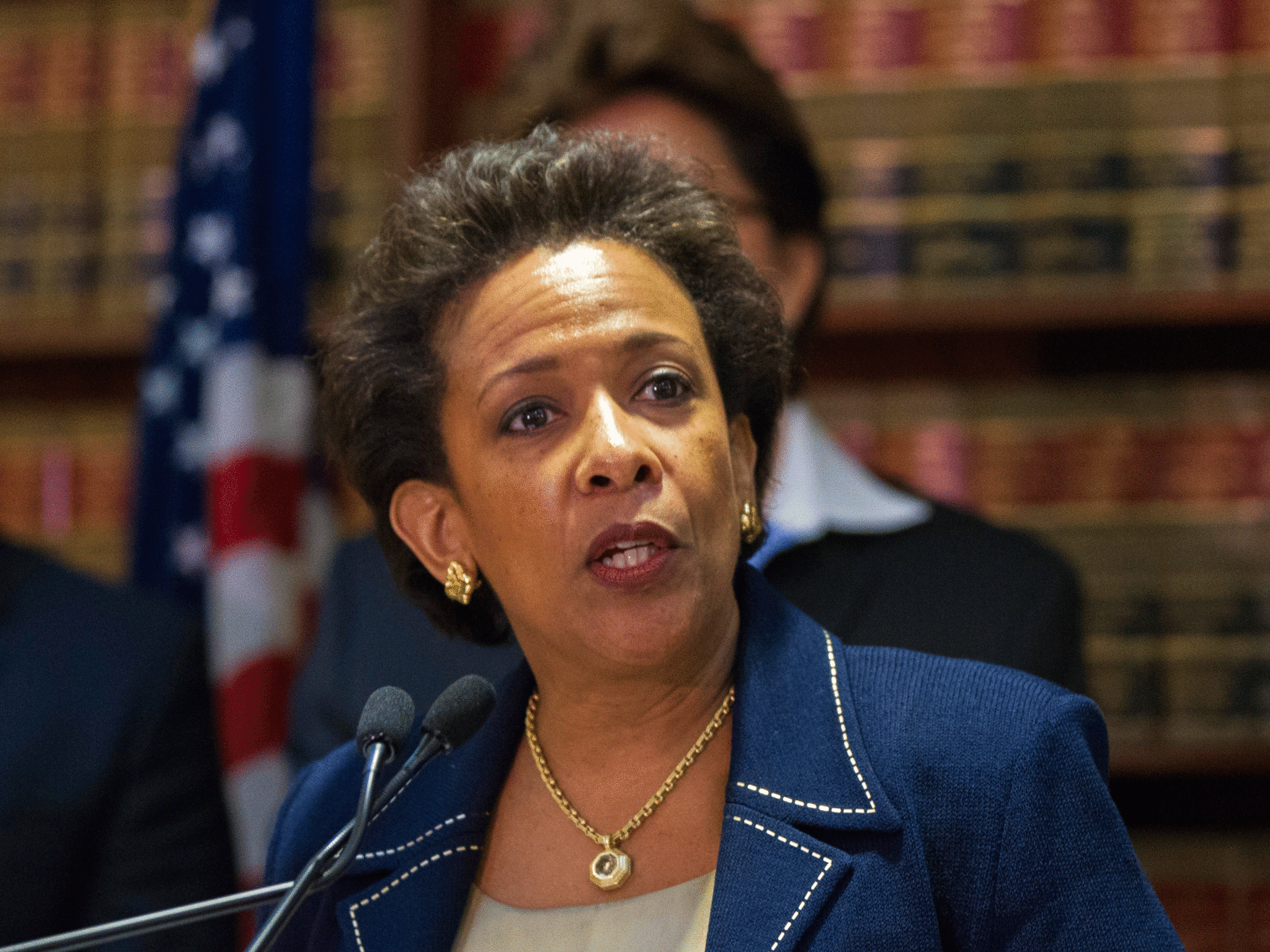India And The US: Key Bilateral Trade Issues On The Agenda

Table of Contents
Trade Deficits and Trade Imbalances
The significant trade deficit the US experiences with India is a persistent point of contention. This imbalance fuels ongoing discussions and necessitates a balanced approach to address concerns from both sides.
The US Perspective
The US trade deficit with India has steadily grown in recent years, largely driven by imports in specific sectors.
- Pharmaceuticals: Indian generic drug manufacturers export significantly to the US, impacting US pharmaceutical companies' profitability.
- Information Technology (IT) Services: The US imports a substantial volume of IT services from India, contributing significantly to the trade deficit.
- Textiles and Apparel: Imports of textiles and apparel from India also play a role in the trade imbalance.
US industries express concerns about what they perceive as unfair trade practices, including tariff barriers and regulatory hurdles in the Indian market. These concerns fuel calls for greater reciprocity and a more level playing field.
The Indian Perspective
India, on the other hand, advocates for increased market access in the US for its goods and services, particularly in agriculture and manufactured products.
- Agricultural Products: High tariffs and non-tariff barriers on Indian agricultural products, such as rice and spices, restrict their entry into the US market.
- Manufactured Goods: Indian manufacturers face challenges competing with established US firms due to various trade barriers.
- Services: While India excels in IT services, expanding access to other service sectors like healthcare faces significant hurdles.
India emphasizes the importance of reciprocal trade liberalization and argues that fair and equitable access to the US market will benefit both economies. Increased Indian exports contribute significantly to the US economy through job creation and lower consumer prices.
Intellectual Property Rights (IPR) Protection
The protection of intellectual property rights (IPR) is another major area of contention in India-US trade relations. This issue encompasses various sectors, particularly pharmaceuticals and technology.
Pharmaceuticals and Generics
The debate surrounding IPR protection for pharmaceuticals is particularly intense. India's robust generic drug industry, which provides affordable medicines globally, often clashes with the interests of US pharmaceutical companies who hold patents on innovative drugs.
- Arguments for strong IPR protection: Incentivizes research and development of new drugs, leading to innovation.
- Arguments against overly strong IPR protection: Restricts access to affordable medicines, potentially harming public health, particularly in developing countries.
- The TRIPS Agreement: The World Trade Organization's Agreement on Trade-Related Aspects of Intellectual Property Rights (TRIPS) plays a crucial role in setting international standards for IPR protection. Finding a balance between innovation incentives and affordable access remains a challenge.
Software and Technology
Software piracy and copyright infringement pose significant challenges for US technology companies operating in India.
- Economic Consequences: IPR violations lead to substantial revenue losses for US firms and hinder innovation.
- Government Initiatives: The Indian government has taken steps to improve IPR enforcement, but challenges remain.
- International Cooperation: Enhanced cooperation between the US and India on IPR enforcement is critical to addressing this issue effectively.
Digital Trade and Data Localization
The rapid growth of digital trade introduces new complexities, especially concerning data privacy and localization policies.
Data Privacy and Security Concerns
India's data localization policies, requiring certain data to be stored within the country, impact US tech companies' operations.
- Arguments for data localization: Enhances data security and sovereignty.
- Arguments against data localization: Hinders cross-border data flows, increases compliance costs, and may stifle innovation.
- Data Security and Privacy: Balancing data localization with ensuring data security and user privacy is a complex challenge.
E-commerce Regulations
India's evolving e-commerce regulations also impact US companies operating in the Indian digital marketplace.
- Market Access: Regulations concerning inventory restrictions and preferential treatment for certain sellers affect US businesses' ability to compete fairly.
- Fair Competition: Concerns exist regarding the level playing field and ensuring transparency in the regulatory environment.
- Predictability: A transparent and predictable regulatory environment is crucial to encourage investment and growth in the Indian digital economy.
Agriculture and Agricultural Trade
Barriers to increased agricultural trade between the US and India persist, significantly impacting both economies' potential growth.
- Sanitary and Phytosanitary (SPS) Measures: Different agricultural standards and SPS measures create hurdles for the import and export of agricultural products.
- Market Access: Addressing these barriers to increase market access for specific agricultural products, such as poultry and dairy, is crucial.
- Cooperation on Standards: Enhanced cooperation on agricultural standards and SPS measures can help facilitate greater trade.
Conclusion
The India-US bilateral trade relationship is multifaceted and complex. Addressing the key India-US bilateral trade issues outlined above – trade imbalances, IPR protection, digital trade regulations, and agricultural trade barriers – requires sustained high-level dialogue, mutual understanding, and a commitment to finding mutually beneficial solutions. Continued engagement and proactive efforts are crucial for navigating these complexities and realizing the full potential of this vital economic partnership. Understanding these key India-US bilateral trade issues is paramount for fostering a stronger and more prosperous future for both nations. Stay informed on developments in India-US trade relations to better navigate this dynamic and evolving landscape.

Featured Posts
-
 Stricter Uk Asylum Rules Impact On Migrants From Specific Countries
May 09, 2025
Stricter Uk Asylum Rules Impact On Migrants From Specific Countries
May 09, 2025 -
 Is High Potential Back Tonight Season 2 Renewal And Episode Count
May 09, 2025
Is High Potential Back Tonight Season 2 Renewal And Episode Count
May 09, 2025 -
 Nottingham Police Face Scrutiny Misconduct Meeting Following Attacks
May 09, 2025
Nottingham Police Face Scrutiny Misconduct Meeting Following Attacks
May 09, 2025 -
 High Potential Season 2 Predicting The Fate Of Season 1s Unsung Hero
May 09, 2025
High Potential Season 2 Predicting The Fate Of Season 1s Unsung Hero
May 09, 2025 -
 Unprovoked Racist Attack Woman Charged With Murder After Stabbing
May 09, 2025
Unprovoked Racist Attack Woman Charged With Murder After Stabbing
May 09, 2025
Latest Posts
-
 Beyond The Epstein Case Analyzing The Us Attorney Generals Media Strategy
May 10, 2025
Beyond The Epstein Case Analyzing The Us Attorney Generals Media Strategy
May 10, 2025 -
 Focusing On The Bigger Picture Why The Us Attorney Generals Fox News Appearances Matter
May 10, 2025
Focusing On The Bigger Picture Why The Us Attorney Generals Fox News Appearances Matter
May 10, 2025 -
 The Us Attorney General And Fox News A Question Of Priorities
May 10, 2025
The Us Attorney General And Fox News A Question Of Priorities
May 10, 2025 -
 The Daily Fox News Appearances Of The Us Attorney General A Deeper Look
May 10, 2025
The Daily Fox News Appearances Of The Us Attorney General A Deeper Look
May 10, 2025 -
 Why Is The Us Attorney General On Fox News Daily A More Important Question Than Epstein
May 10, 2025
Why Is The Us Attorney General On Fox News Daily A More Important Question Than Epstein
May 10, 2025
